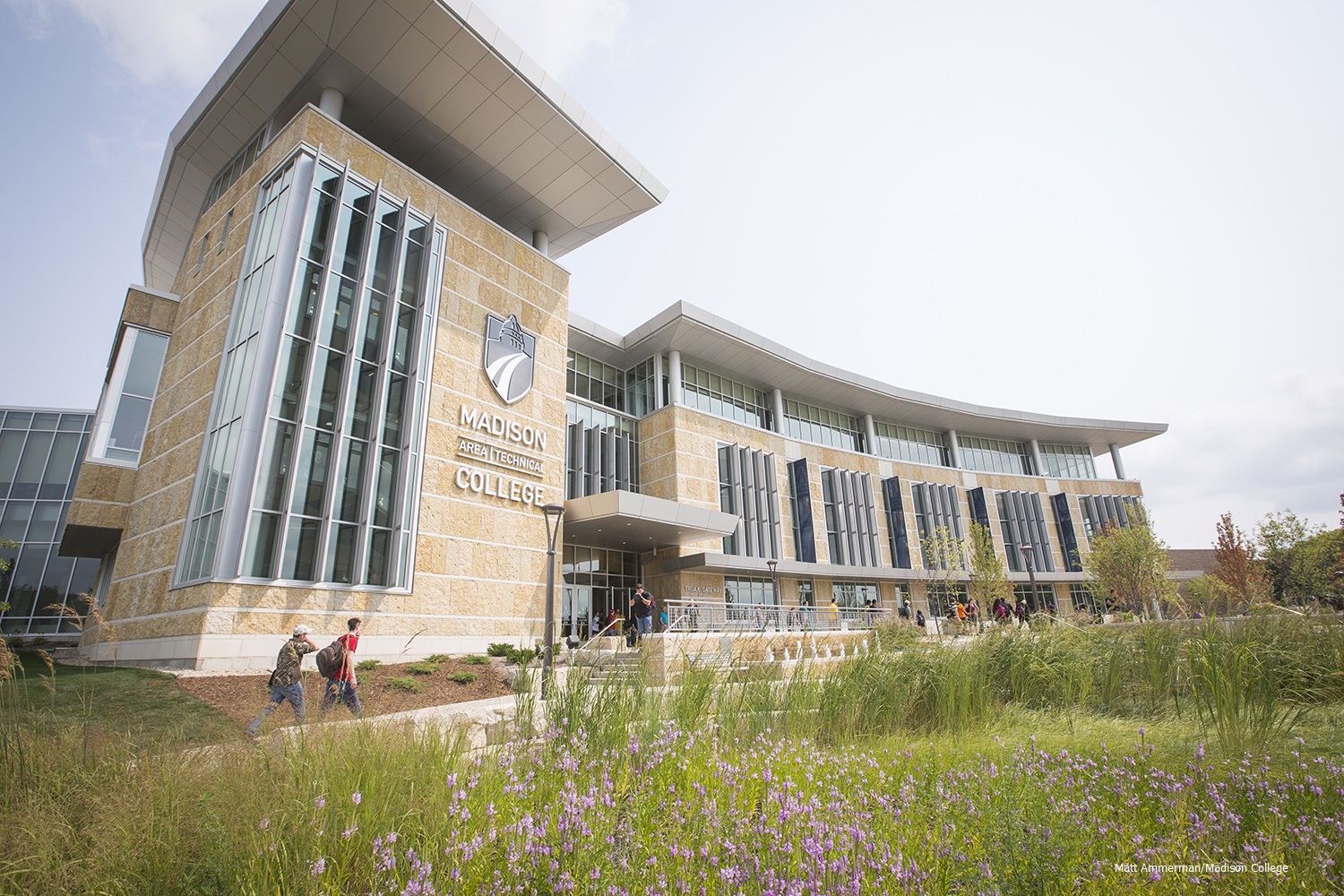Wisconsin Student Loan Help Hotline
Free Student Loan Debt Hotline for Wisconsin Borrowers:
833-589-0750
This new Wisconsin Student Loan Help Hotline was created in partnership with the Wisconsin Coalition on Student Debt and Ascendium Education Solutions. The Wisconsin Student Loan Help Hotline dedicated toll free number 833-589-0750 has been created to help student loan borrowers during the COVID-19 pandemic.
Wisconsin Student Loan Repayment Tool:
ElevateWI.BySavi.com
Take control of your student loans! The Wisconsin Department of Financial Institutions is partnering with Savi and ELEVATE Wisconsin® to provide student loan relief for Wisconsin employees.
Student Loan Debt Relief Scams
Paying back student loans can be overwhelming. So-called student loan debt relief companies promise to defer, lower, consolidate, or eliminate federal student debt, but end up costing you more money and may not reduce your federal student loan debt at all. These companies typically just offer services you can get for free from the federal government or your loan servicer. And often these companies are just fraudsters who are after your money. It is important to know the signs of a scam.
There is nothing a student loan debt relief company can do for you that you cannot do yourself for free.
For more information about Student Loan Debt Relief Scams visit the Department of Agriculture, Trade and Consumer Protection.




Students
Investing in yourself with further education after high school benefits your career and life. People who complete a post-secondary degree have greater earnings potential in their lifetime than people who do not.
So how do you achieve your educational dream? You’ll need to make important decisions about the career path you want to pursue, the academic institution that’s right for you, and the best combination of financial resources and tuition reduction strategies. This is about you and your journey.

Parents
As you ponder your child’s educational future, there are important decisions to be made about what career path your child is going to pursue, what academic institution is the right fit, and what mix of financial resources is necessary to help your child attain his or her educational dream. There’s no better time than right now to get started on developing your plan by tapping into some of the excellent resources available here. Go ahead, take the plunge. You’ll be glad you did as you “Look Forward” to your child’s future.

Educators
Helping students understand their potential and interests is key to career exploration and post-secondary success. Along with students, parents and community partners; educators are an essential stakeholder in guiding learners to determine the best path for their future.

Resources
An education beyond high school is an investment in your future. Going to college is an exciting time for high school graduates and often an expensive one. Scholarships and financial aid are a common aspect of a college student’s life. Here you will find some information to help guide you through those tough decisions.

$32,289
Wisconsin grads average student debt for the 2022 – 2023 school year.
84%
Bachelor degree holders earn 84% more than those with only a high school diploma over a lifetime. On average, that’s $964,000!
More Education = More Income
Over a lifetime, individuals with a high school diploma or GED make 33% more income than those without on average. Those that obtain an Associate’s Degree earn over $420,000 more than those with only a high school diploma.
There are 66 public and private 2-year and 4-year universities and colleges located in Wisconsin. In addition, there are many other institutions offering state-accredited educational programs.
Look Forward to Your Future
Choosing the right college for you is important and there are many options, from 4-year universities to technical colleges to private colleges. When thinking about choosing a college, there are many factors to consider: the cost, the environment, do you like large class sizes or small, your interests, do they have the right major, and location.
Below are links to some of the options available to you.

